‘Historic’ Libya cease-fire agreed, UN says
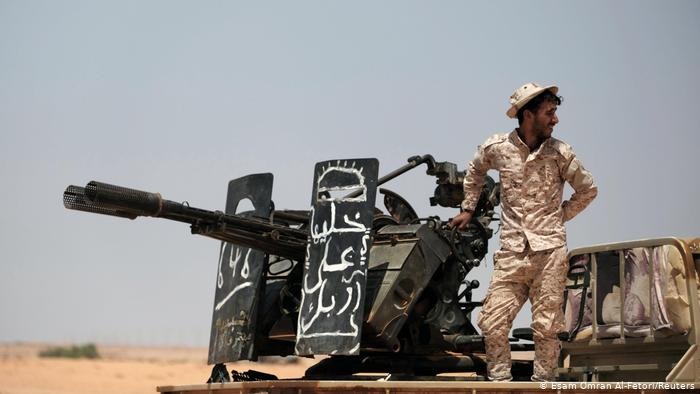
The UN says both sides in the Libyan civil conflict have reached a permanent cease-fire agreement. The world body called the deal a “historic achievement.”

The UN says both sides in the Libyan civil conflict have reached a permanent cease-fire agreement. The world body called the deal a “historic achievement.”
Twenty-eight-year-old Libyan Mohammed Abu Ajila Enbis is alive today purely by luck as he survived the brutalities of the Russian Wagner group’s mercenaries in the war-torn country by pretending to be dead.
Against the background of military conflicts in the Middle East, Asia and Africa, quiet political-military diplomacy is being conducted on the European continent at the request of Greece.
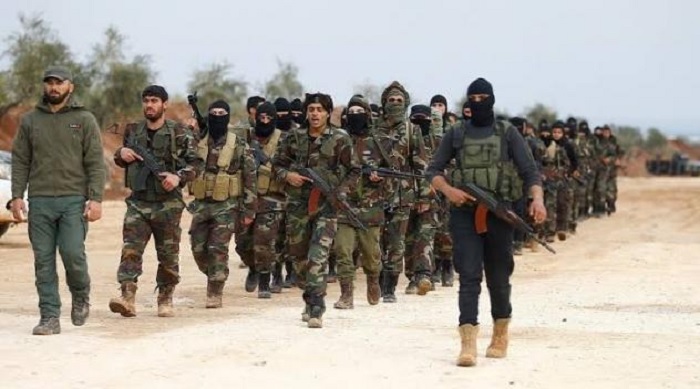
The director of the Syrian Observatory for Human Rights, Rami Abdel-Rahman, said that 600 Syrian mercenaries had registered to go to Libya to protect and guard headquarters and companies, but so far they have not left the country.
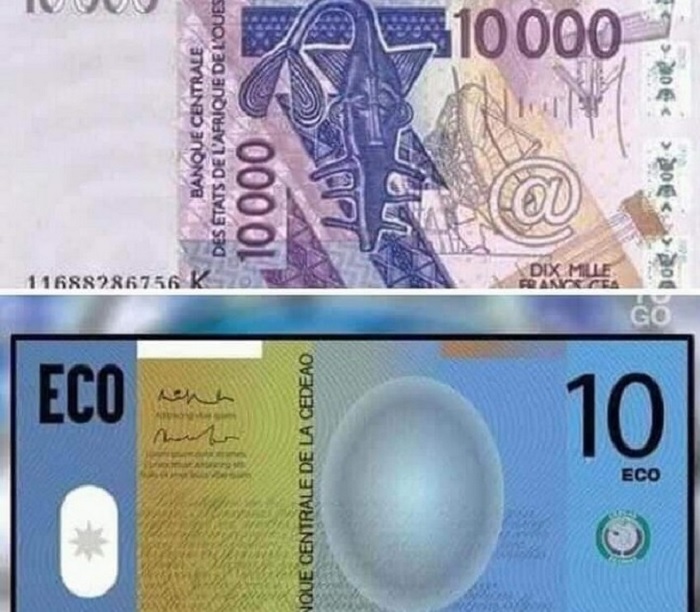
A travers le Rapport d’information de la Session extraordinaire 2019-2020 du Sénat Français, la commission des finances a travaillé sur plusieurs aspects concernant le franc CFA. Nous avons pu parcourir cet important document.
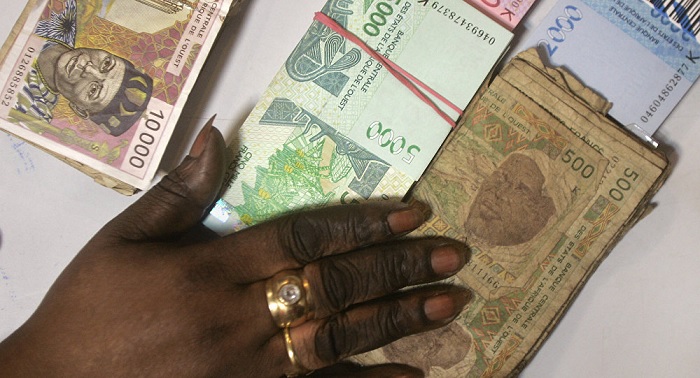
Un article à portée pédagogique à l’attention du citoyen en faveur des théoriciens, praticiens et utilisateurs du F CFA.
Auteur de 7 livres sur l’Economie scientifique, c’est-à-dire de l’économie dotée de la mesure, nous avons trouvé que la monnaie n’a jamais été bien connue, ni des économistes ni des citoyens. En effet, tout ce monde croit épuiser le sujet de la monnaie en parlant de ce qu’il fait avec cette monnaie ou de cette monnaie, laissant insoupçonnée la menace que constitue la manipulation dangereuse de la monnaie pour la propre survie de toute collectivité qui en serait victime.
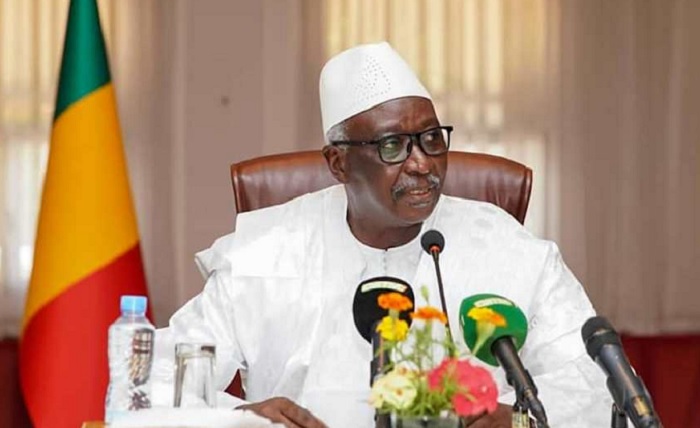
Le Secrétaire d’Etat parlementaire auprès du ministre fédéral de la Défense, Dr Thomas Silberhorn, en séjour à Bamako, a eu hier des rencontres avec l’exécutif de la transition. Une occasion pour lui de rassurer Bah N’Daw de la disponibilité de son pays à accompagner le Mali dans cette phase de transition.
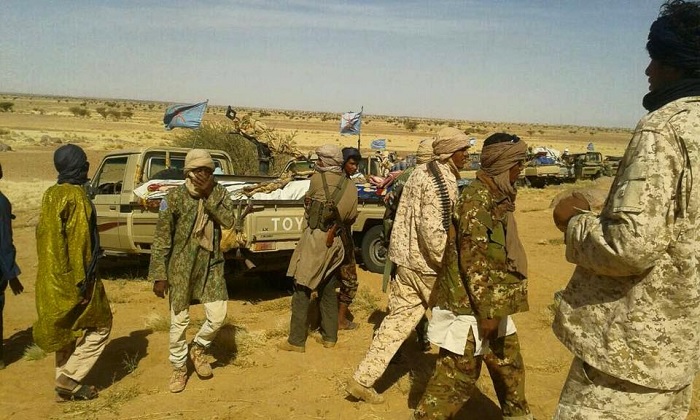
Les Touaregs sont-ils une minorité écartée des bénéfices du pouvoir par Bamako ? Ce serait difficile à soutenir. Les Touaregs au sens strict ,qui ne représentent que 1,7% de la population malienne (de 20 millions) ou 3,2% en y agglomérant leurs anciens esclaves, les Bellahs,noirs de même langue tamachèque, bénéficiant plutôt d’une certaine surreprésentation politique, au niveau local, régional et parlementaire. Ils sont également très minoritaires dans la région que certains d’entre eux ont appelée Azawad.
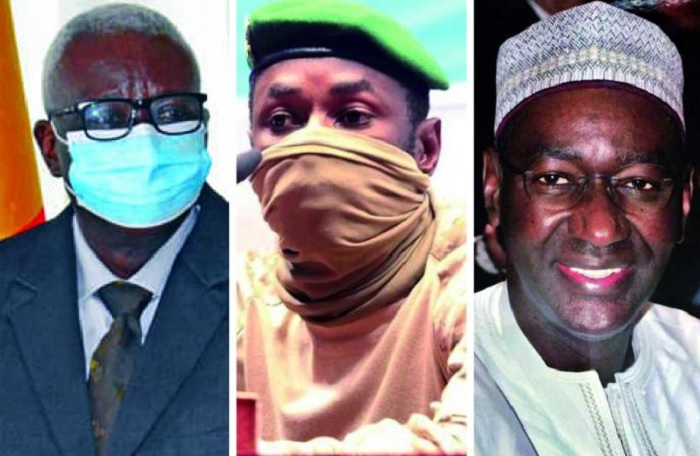
Depuis plus de six ans (mai 2014) que Kidal et sa région se sont mises en marge de la République, hypothéquant ainsi l’intégrité territoriale du pays, c’est toujours le statu quo en ce qui concerne leur retour dans le giron du Mali. Et pourtant, seulement deux mois après cette rupture de ban entre Kidal et le Mali, des pourparlers qui se sont étalés sur plus de onze mois (du 16 juillet 2014 au 20 juin 2015) ont été sanctionnés par un ‘’ACCORD POUR LA PAIX ET LA RECONVILIATION AU MALI ISSU DU PROCESSUS D’ALGER’’.
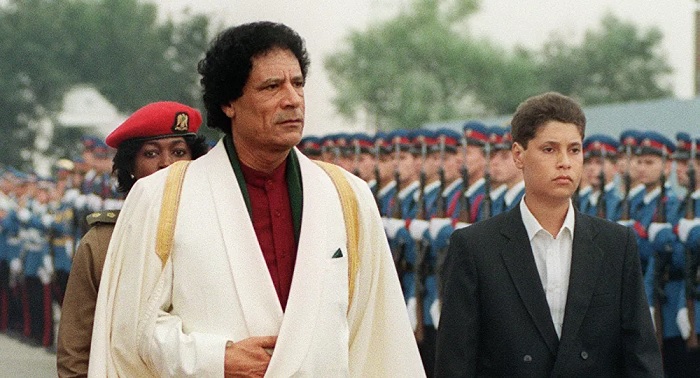
Sputnik talked to Ahmed Gaddaf al-Dam, the cousin of former Libyan leader Muammar Gaddafi, to discuss the health of Saif al-Islam Gaddafi, Muammar Gaddafi’s son, as well as to discuss the Popular Front for the Liberation of Libya’s participation in the inter-Libyan talks.